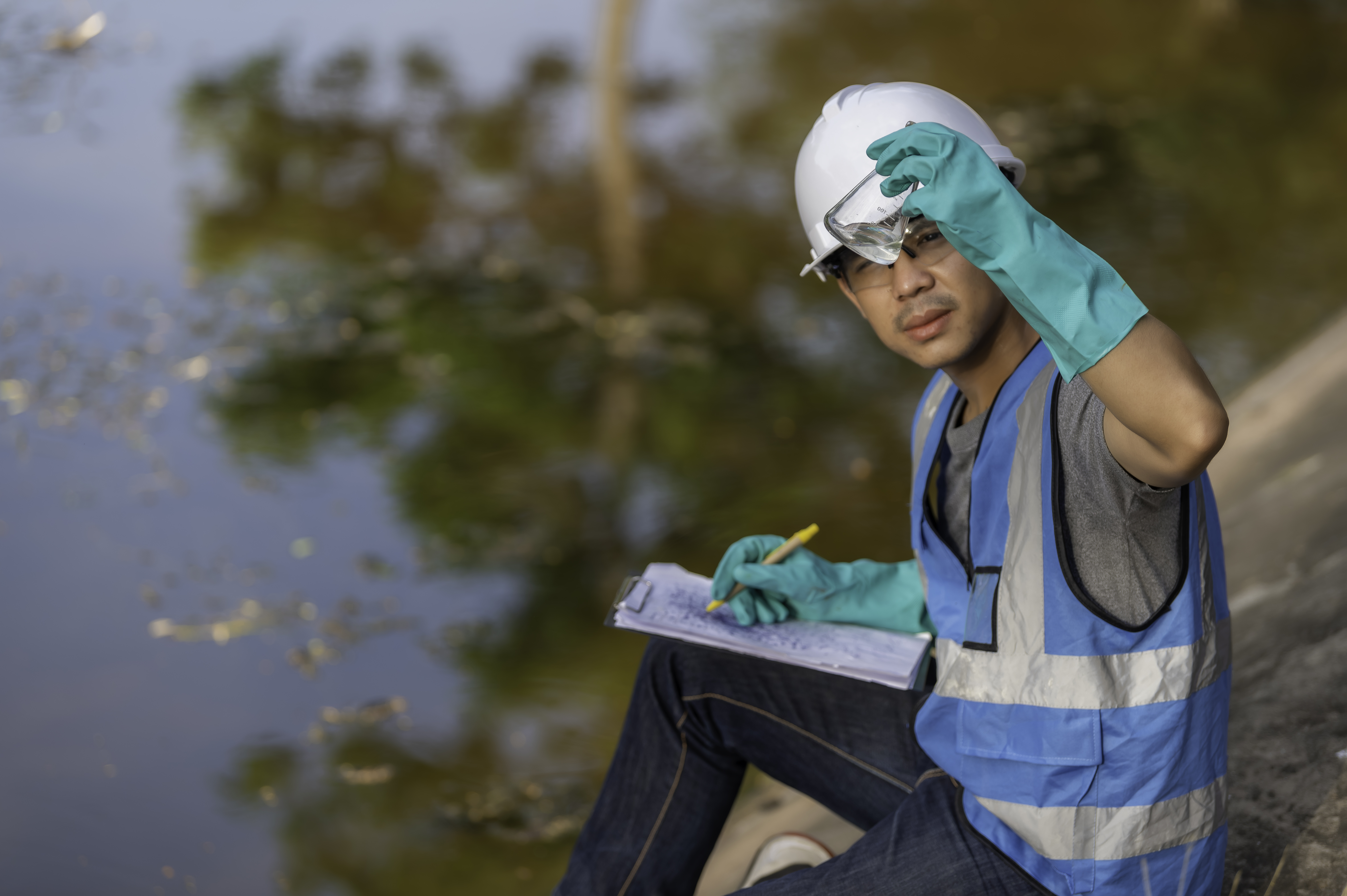Microorganisms: A Revolutionary Approach to Combat Global Warming
- 13, January 2025

The impact of global warming has become an increasingly urgent global concern and researchers are persistently working on innovative solutions to curb its devastating effects.
Among these groundbreaking strategies, a fascinating new avenue has emerged: harnessing the power of microorganisms. These microscopic life forms—such as bacteria, fungi and archaea—may hold the key to reducing greenhouse gases, capturing carbon and ultimately slowing the rate of climate change. By leveraging the unique capabilities of these resilient organisms, we could be on the verge of discovering a powerful tool to counter the alarming rise in global temperatures.
The Remarkable Resilience of Microorganisms
Microorganisms are incredibly versatile and thrive in virtually every environment, from soil and oceans to extreme settings like deep-sea hydrothermal vents and frozen arctic tundras. Their adaptability is matched by a range of metabolic abilities that enable them to participate in essential ecological processes. Recent research highlights how certain microorganisms can mitigate the effects of climate change by capturing greenhouse gases, enhancing carbon storage and regulating various biogeochemical cycles. This new understanding of their potential has sparked hope in the scientific community as we explore innovative ways to address climate change through microbial activity.
Microorganisms and the Global Carbon Cycle
The global carbon cycle plays a critical role in climate dynamics, with microorganisms contributing significantly to its balance. Through processes such as carbon fixation, decomposition and nutrient cycling, microorganisms influence the levels of greenhouse gases in the atmosphere.
One of the most promising functions of certain microorganisms is their ability to capture and store carbon through carbon fixation. Some microbial species can convert atmospheric carbon dioxide (CO₂) into organic compounds, effectively locking away the carbon and reducing CO₂ levels in the atmosphere. This process not only reduces greenhouse gases but also sequesters carbon in soils and plant biomass, where it remains locked away. By harnessing this microbial power, we can tap into an effective method to help slow down the greenhouse effect and global warming.
Microbes and Methane Mitigation
In addition to managing CO₂, microorganisms also play a role in handling methane (CH₄), another potent greenhouse gas. Microorganisms involved in decomposition release methane, but recent studies have identified specific microbes that can consume this harmful gas and convert it into less impactful compounds. By promoting the growth and activity of these methane-consuming microorganisms, we can potentially reduce methane emissions, significantly alleviating its impact on global warming.
Pioneering Microbial-Enhanced Carbon Capture
The potential for microorganisms to act as a natural carbon sink has spurred the development of Microbial-Enhanced Carbon Capture and Storage (MECCS) technologies. These innovative methods aim to enhance microbial carbon capture, particularly from industrial emissions and store this carbon safely in geological formations or as stable organic compounds. MECCS has the potential to greatly reduce greenhouse gas emissions from factories, power plants and other industrial sources, making it a viable pathway to combat climate change on a large scale.
Implementing MECCS could reduce reliance on fossil fuel-driven carbon capture technologies, which often involve high costs and energy use. By focusing on microbial capabilities, industries could develop more cost-effective and environmentally friendly methods to lower their carbon footprint, accelerating the global transition to sustainable practices.
Microorganisms and Sustainable Agriculture
Microorganisms also play a crucial role in sustainable agriculture. Soil microbes are essential for nutrient cycling, soil fertility and carbon sequestration. By adopting sustainable agricultural practices that foster beneficial microbial activity, we can simultaneously improve crop yield and reduce the carbon footprint of food production.
Strategies like cover cropping, crop rotation and organic farming all contribute to creating a conducive environment for soil microorganisms. When these microbes flourish, they enhance soil structure, retain nutrients and support carbon sequestration. This shift towards more sustainable farming practices allows agriculture to contribute to the fight against climate change, with soil microbes as an essential ally.
Collaborative Efforts for a Microbial Solution
Unlocking the full potential of microorganisms to mitigate climate change requires a collaborative approach across scientific disciplines, policy-making and industry. Scientists are exploring various microbial strains and their unique capabilities, while policymakers work to establish guidelines for using microbial solutions safely and effectively. Industries, in turn, can adopt these microbial technologies to lower emissions and develop sustainable practices.
As we face the urgent need to reduce greenhouse gas emissions, tapping into microbial potential offers an innovative and natural solution to slow global warming. By working together, we can pave the way for a future where microbes contribute to sustainable practices across sectors.
The Road Ahead: Challenges and Considerations
While the potential of microorganisms is promising, further research is essential to fully understand and optimise their role in climate adaptation. Key challenges include identifying the most effective microbial species, developing scalable application methods and ensuring these practices can be implemented without ecological disruption. The scientific community is actively addressing these challenges, exploring ways to enhance the efficiency and effectiveness of microbial-based solutions.
Furthermore, for these microbial solutions to succeed, policymakers must support research and provide funding to accelerate advancements. By prioritising sustainable practices and fostering the growth and activity of beneficial microorganisms, governments and stakeholders can help create a favourable environment for microbial climate solutions to thrive.
A Hopeful Future with Microbial Allies
Microorganisms, with their extraordinary adaptability and metabolic diversity, hold vast potential in the fight against global warming. By facilitating carbon sequestration, managing greenhouse gases and enhancing sustainable agriculture, these tiny organisms offer a unique and natural approach to mitigating climate change. Although more research and collaboration are needed, the potential for harnessing microorganisms as climate warriors is compelling.
In our journey to build a sustainable and resilient future, embracing microbial allies could offer a breakthrough in our efforts to combat global warming. Through collaboration and innovation, we can unlock the potential of these microscopic organisms to slow the pace of climate change and pave the way for a cleaner, greener planet for future generations.
Tags:
Related Blogs
The Impact of Climate Change on India's Agriculture and Food Security
- 23 September, 2024









